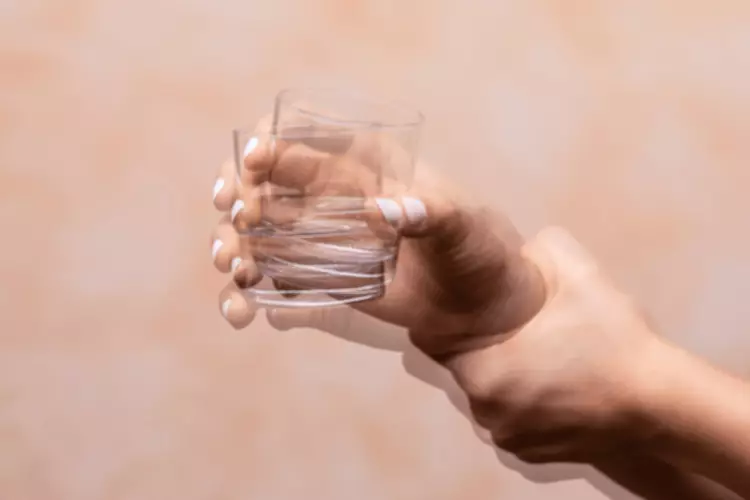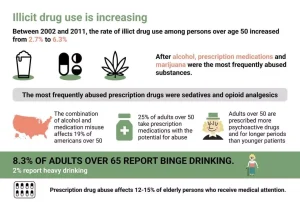
Alcohol Can Trigger Headaches and Migraines

Subsequently, 38 non-English articles, 30 animal studies, seven studies concentrating on molecular pathways to alcohol intake and 562 papers not related to our topic were removed from the remaining records. Then, 142 conference abstracts, 100 reviews, four book chapters and 42 unretrieved studies were not taken into further consideration. Finally, 22 articles [26, 27, 36, 44,45,46,47,48,49,50,51,52,53,54,55,56,57,58,59,60,61,62] were retrieved for further analysis.
Cocktail Headache Symptoms

Headaches that begin in the afternoon aren’t different from other headaches, except for their timing. Afternoon headaches can often be triggered by something that occurred during the day, such as muscle tension, drinking too much coffee, or skipping lunch. Medication can help reduce some of the symptoms of alcoholic neuropathy. The most important strategy against alcoholic neuropathy lies in preventing the symptoms from getting worse by decreasing alcohol consumption as soon as possible. There are no medications that can help improve loss of sensation, strengthen muscle weakness, or assist with the coordination and balance problems caused by alcoholic neuropathy. However, some people notice an improvement in symptoms a few months after discontinuing alcohol intake.
© 2024 Harvard Health Publishing® of The President and Fellows of Harvard College
- A total of 7877 people with migraine registered to use the headache app from October 2014 to March 2018.
- This work considered the alcoholic drinks and other triggering factors taken the day before onset of headache.
- Biogenic amines, sulphites, flavonoid phenols, 5-hydroxytryptamine mechanisms and vasodilating effects are discussed.
Hangovers occur when the alcohol levels in your blood drop significantly—frequently the morning after you drink. Hangovers can affect pretty much anyone who has had too much to drink. A 2015 study suggests that the https://ecosoberhouse.com/ inactivity of alcohol dehydrogenase 2, an enzyme that helps break down alcohol, might contribute to hangover headaches. However, the study author also cautions that no single factor causes all hangover headaches.

Risk of bias
In low to moderate alcohol consumption, antioxidants may provide some cardiovascular benefits. According to the 2019 National Survey on Drug Use and Health from the Substance Abuse and Mental Health Services Administration, 69.5% of people in the United States reported drinking within the last year. 25.8% of people classified their recent consumption habits as binge drinking (excessive drinking in a defined amount of time). On the flip side, cutting back — or cutting it out — could give your brain a boost. Sulphites have not been shown convincingly to lead to headache in individuals with sulphite sensitivity.
- Many studies in different countries show that alcohol is a headache trigger in high percentage of migraine subjects, both in the general population [15–17] and headache clinic population [18–22].
- It’s not the same as a hangover headache, which occurs the morning after drinking too much.
- About one-third of the patients (mean 34%) report alcohol as a trigger (Fig. 1).
- Since alcohol can trigger migraine and tension headache attack, only a low percentage of headache patients should drink alcoholic beverages.
To determine if drinking is one of yours, it’s helpful to learn the signs of alcohol-induced headaches. While people who have these headaches report a connection to alcohol, there’s no real consistency in how alcohol causes these headaches to develop, according to studies that have been done. Instead, researchers suggest that alcohol as a trigger is more of a personal reaction — common in certain types of headaches — than a general effect.
- The cerebellum is the part of the brain that controls coordination and balance.
- Red dots represent the median individual probability, and vertical lines represent the individual 95% CI.
- But delirium tremens is a medical emergency and requires a hospital stay.
And, of course, continuing to drink to avoid hangover symptoms can increase your risk of alcohol dependence in the long run. Migraine episodes can be a periodic inconvenience, or they can be debilitating. The most severe migraine attacks may last up to 3 days and make it impossible to do anything. A tendency toward migraine may also play a role in hangovers, especially hangovers that cause migraine-like headaches. A 2014 survey of 692 students, 95 of whom had migraine, found that those with migraine were more likely to experience migraine-like symptoms during a hangover. However, these individuals were not more vulnerable to other hangover symptoms.
Drink lots of water to rehydrate your body and help flush the alcohol from your system. A sports drink with electrolytes is also helpful for this purpose. Note that to qualify as a cocktail (or delayed alcohol-induced) headache, the pain must start within three hours of drinking. Consider starting a symptom journal to keep track of when you experience pain and what alcohol and headaches might be causing it. Being aware of what’s causing your headaches can be the first step to getting them under control. If you have a primary headache, understanding your symptoms can help you identify the possible causes, such as dehydration, alcohol, caffeine, or muscle tension, and you’ll be able to better identify what can be done to alleviate the pain.

